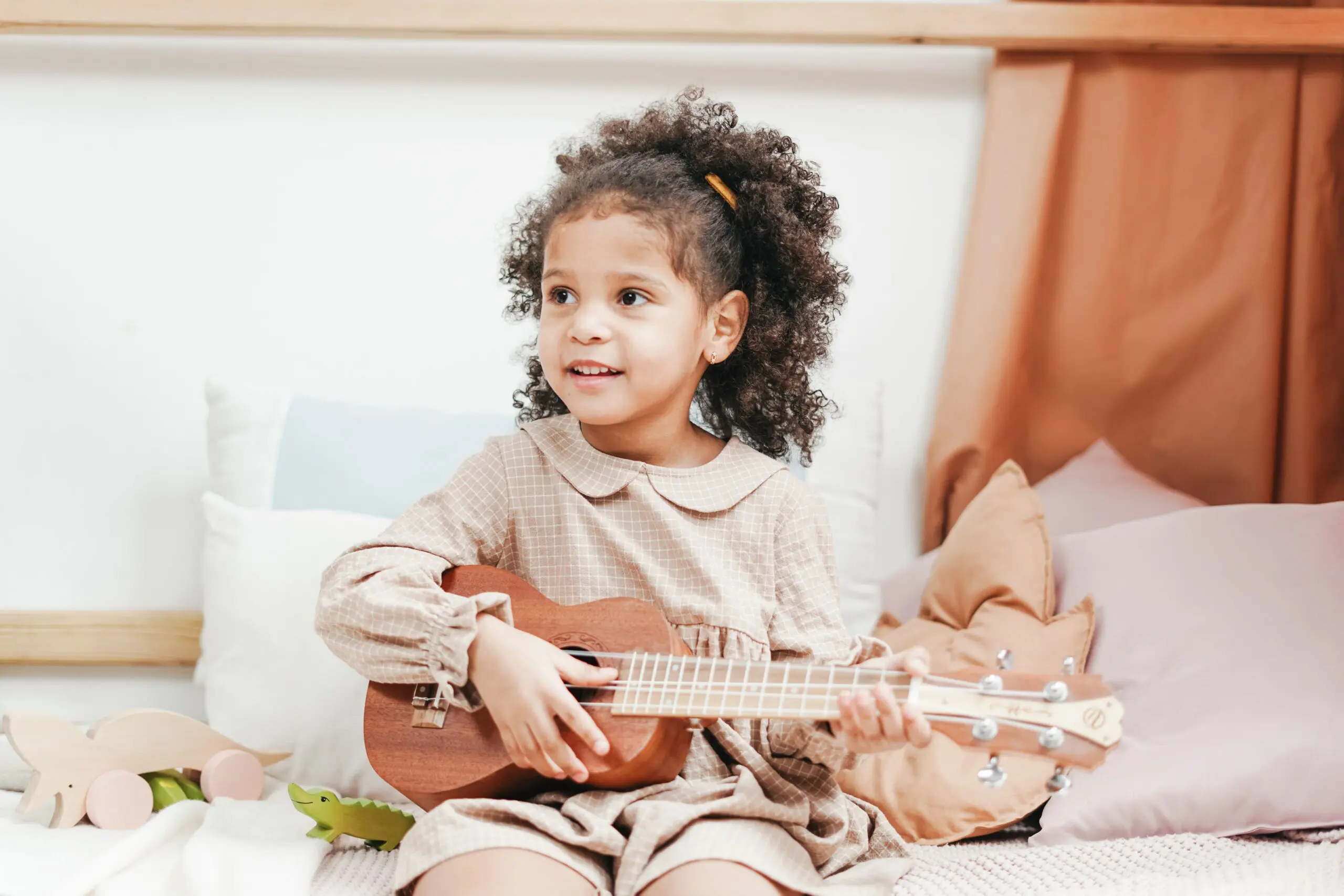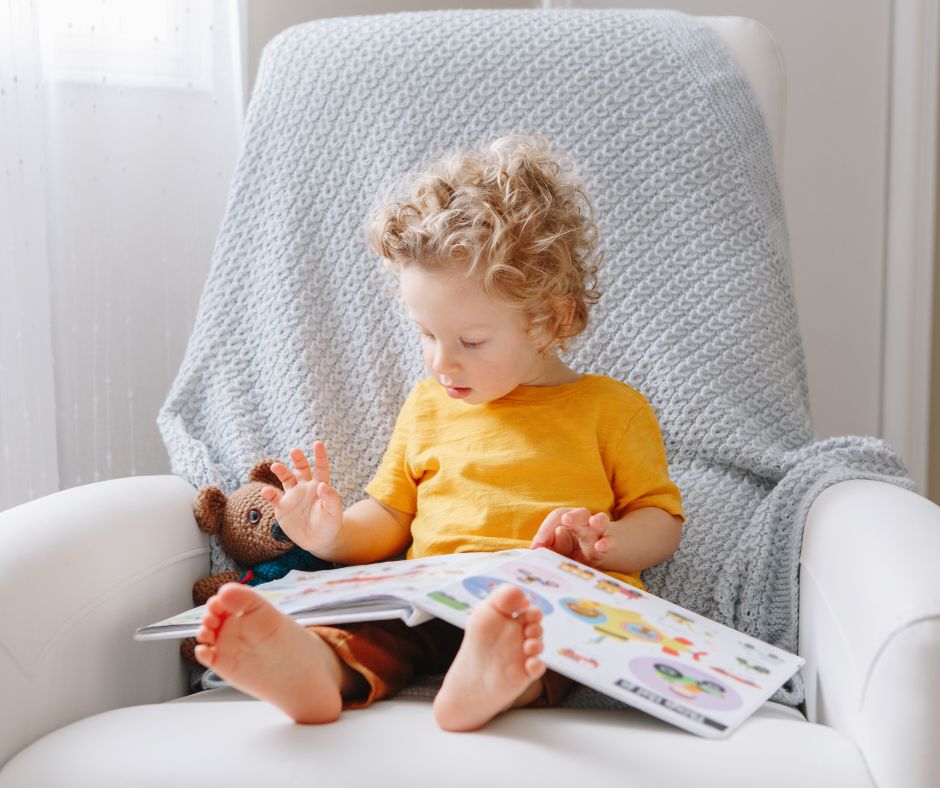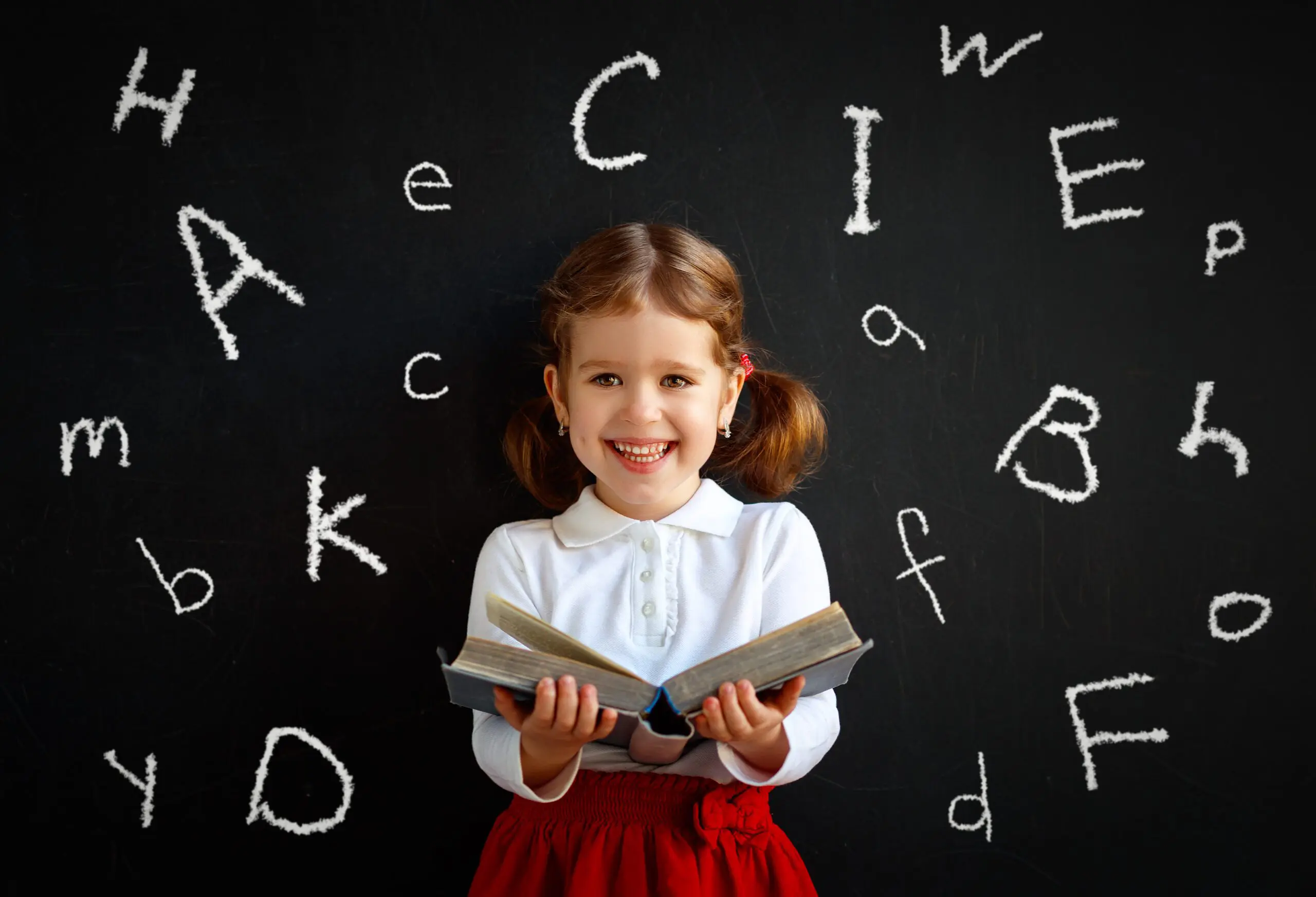In early childhood, children’s brains develop rapidly. They are also susceptible to experiences during this time. As such, parents and educators are always looking for ways to provide the most conducive environment for their growth. One activity that is particularly beneficial for preschoolers is music and movement.
 Music and movement promote physical, social, emotional, and cognitive development. It improves gross motor skills, coordination, and balance. Moreover, it allows children to express themselves creatively and develop self-confidence and self-esteem.
Music and movement also provide a platform for children to interact and socialize with their peers. They learn about sharing, cooperation, taking turns, and working together. Music and movement activities can also improve children’s language and communication skills. This is achieved by learning new words and concepts through songs and movement.
This blog will delve into their many benefits for preschool children’s development. We will explore the science behind this activity’s advantages. We will also provide practical tips on how to incorporate music and movement into your preschoolers’ daily routines.
Music and movement promote physical, social, emotional, and cognitive development. It improves gross motor skills, coordination, and balance. Moreover, it allows children to express themselves creatively and develop self-confidence and self-esteem.
Music and movement also provide a platform for children to interact and socialize with their peers. They learn about sharing, cooperation, taking turns, and working together. Music and movement activities can also improve children’s language and communication skills. This is achieved by learning new words and concepts through songs and movement.
This blog will delve into their many benefits for preschool children’s development. We will explore the science behind this activity’s advantages. We will also provide practical tips on how to incorporate music and movement into your preschoolers’ daily routines.
 Music and movement promote physical, social, emotional, and cognitive development. It improves gross motor skills, coordination, and balance. Moreover, it allows children to express themselves creatively and develop self-confidence and self-esteem.
Music and movement also provide a platform for children to interact and socialize with their peers. They learn about sharing, cooperation, taking turns, and working together. Music and movement activities can also improve children’s language and communication skills. This is achieved by learning new words and concepts through songs and movement.
This blog will delve into their many benefits for preschool children’s development. We will explore the science behind this activity’s advantages. We will also provide practical tips on how to incorporate music and movement into your preschoolers’ daily routines.
Music and movement promote physical, social, emotional, and cognitive development. It improves gross motor skills, coordination, and balance. Moreover, it allows children to express themselves creatively and develop self-confidence and self-esteem.
Music and movement also provide a platform for children to interact and socialize with their peers. They learn about sharing, cooperation, taking turns, and working together. Music and movement activities can also improve children’s language and communication skills. This is achieved by learning new words and concepts through songs and movement.
This blog will delve into their many benefits for preschool children’s development. We will explore the science behind this activity’s advantages. We will also provide practical tips on how to incorporate music and movement into your preschoolers’ daily routines.




